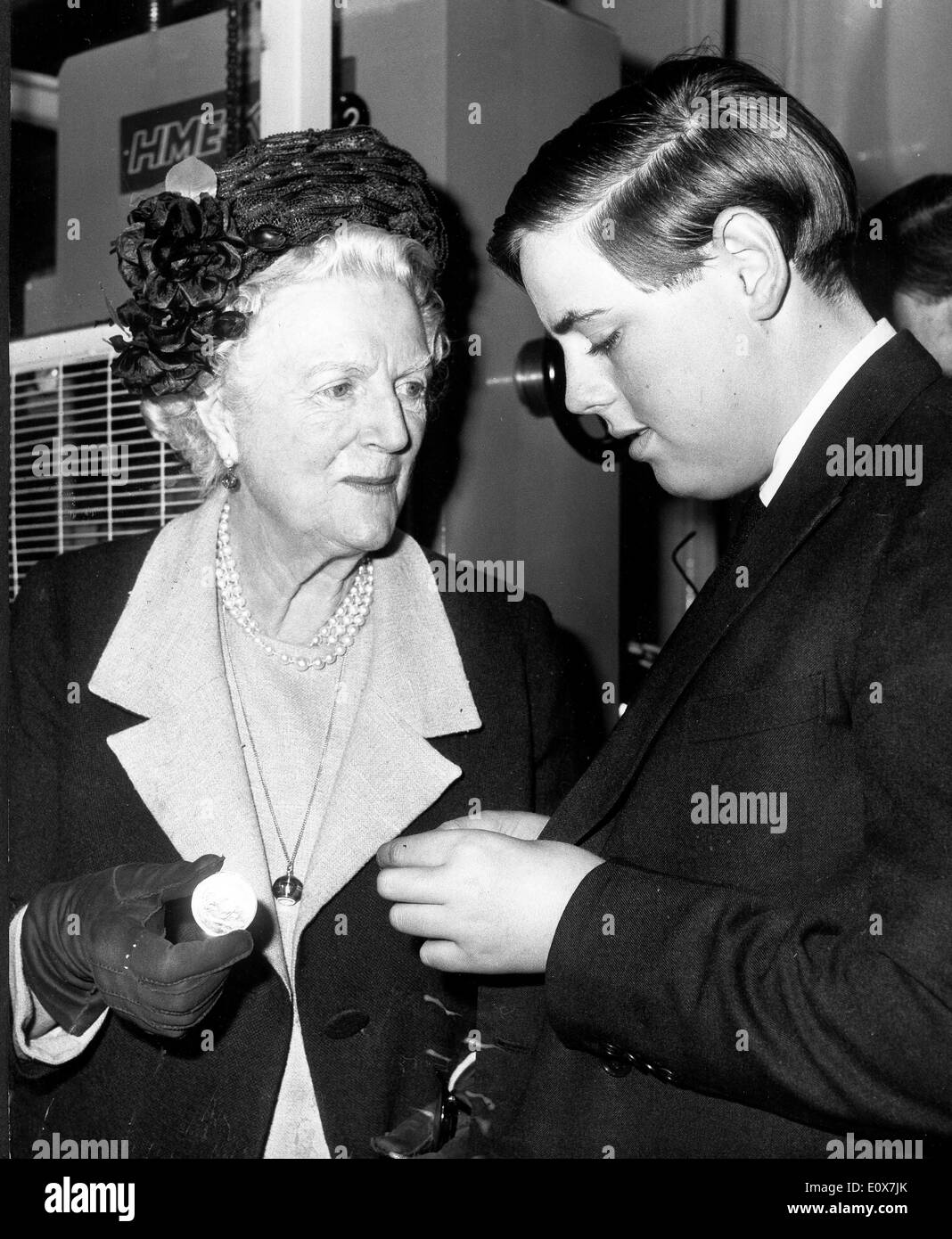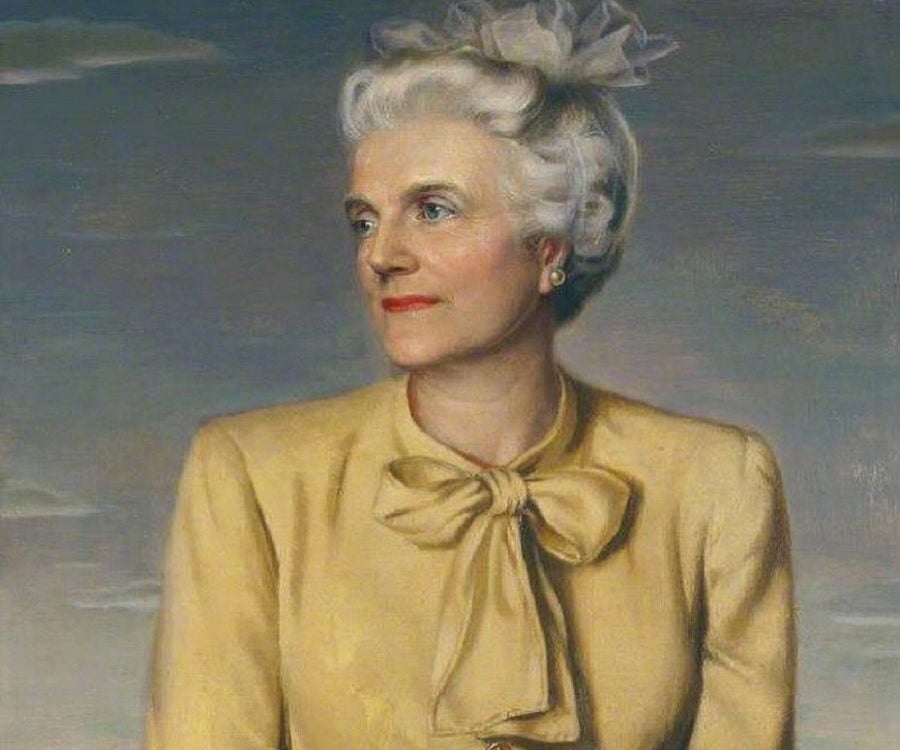

Murrow, whom “Winston had long since identified…as the conduit to the hearts and minds of US popular opinion.” With their approval, Pamela ardently pursued the CBS newsman Edward R. To that end, the Churchills also facilitated the love affairs of their daughter-in-law, Pamela Digby Churchill, who lived with them during the war while Randolph was fighting abroad with the Fourth Hussars. to join an allied effort against the Axis. ambassador to Britain, as part of what Purnell calls “Operation Seduction U.S.A.” The prime minister and Clementine did anything and everything they could to endear their country to America and persuade the U.S. During WWII, Sarah’s parents had encouraged her affair with Gil Winant, the married U.S. Following the death of her last husband, the only one of whom her parents approved, she began an affair with Lobo Nocho, an African American jazz singer, and was later arrested and jailed for drunk driving. Sarah (1914-1982), who became an actress, appeared in several movies, and was married three times. Within months of the little girl’s death, Clementine became pregnant with her last child, Mary (1922-2014), who, according to Mary’s son, Nicholas Soames, “led a very distinguished life.” In 1921, the Churchills suffered parents’ worst nightmare when their 2-year-old daughter, Marigold, died of septicemia. Noel Coward observed that Churchill’s only son was “utterly unspoiled by failure.” Randolph gambled with abandon and lost frequently, but his father always paid his debts.

Their only son, Randolph (1911-1968), was “dangerously spoiled” by his father and, to his mother’s consternation, was drinking double brandies by the age of 19. Their firstborn, Diana (1909-1963), married and divorced twice, suffered several nervous breakdowns, and took her own life a year after she started work for Samaritans, an organization devoted to preventing suicide. Neither Clementine nor Winston spent much time parenting, and they sent their children to boarding school at an early age. “Father always came first, second and third,” said Mary Churchill Soames, the youngest of their five children. Nor was motherhood a loving refuge for Clementine. “he may have spent up to 80 percent of their marriage without him,” said her daughter-in-law. Living with Winston Churchill, who seemed to thrive on commotion and chaos, took fortitude that Clementine could not always muster, which occasioned her numerous trips to spas and her many cruises and safaris and vacations without her husband. Another time, she attempted suicide, and in 1963, she was hospitalized and given electroconvulsive therapy. So tempestuous was their marriage at times that Clementine, who suffered bouts of depression, once considered divorce. In it, Clementine Hozier Churchill (1885-1977) emerges as “a terrible mother” but a devoted wife to her remarkable husband as the couple triumphantly surfed turbulent waves, politically and personally.

Winston Churchill, does justice to the great woman behind the great man. Sonia Purnell’s fulsome 2015 biography, Clementine: The Life of Mrs. Standing behind that monumental man was his courageous wife, Clementine, who sacrificed herself, her children, and, at times, her mental stability to be all that her husband required of a spouse, as well as a parallel partner in his success. “It is the courage to continue that counts.” “Success is not final failure is not fatal,” he said. He pronounced courage to be paramount “because it is the one human virtue that guarantees all the others.” Without his courage during WWII, Britain might’ve succumbed to oppression and tyranny, but by summoning his “blood, toil, tears and sweat,” the 65-year-old prime minister inspired his country - and ours, eventually - to fight to defeat the Nazi onslaught of terror. Most people agree that faith, hope, and charity are the cardinal virtues, but not Winston Churchill.


 0 kommentar(er)
0 kommentar(er)
